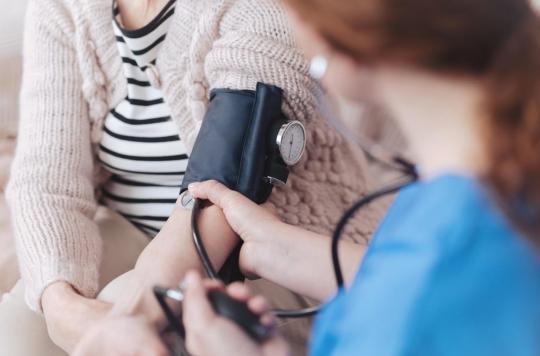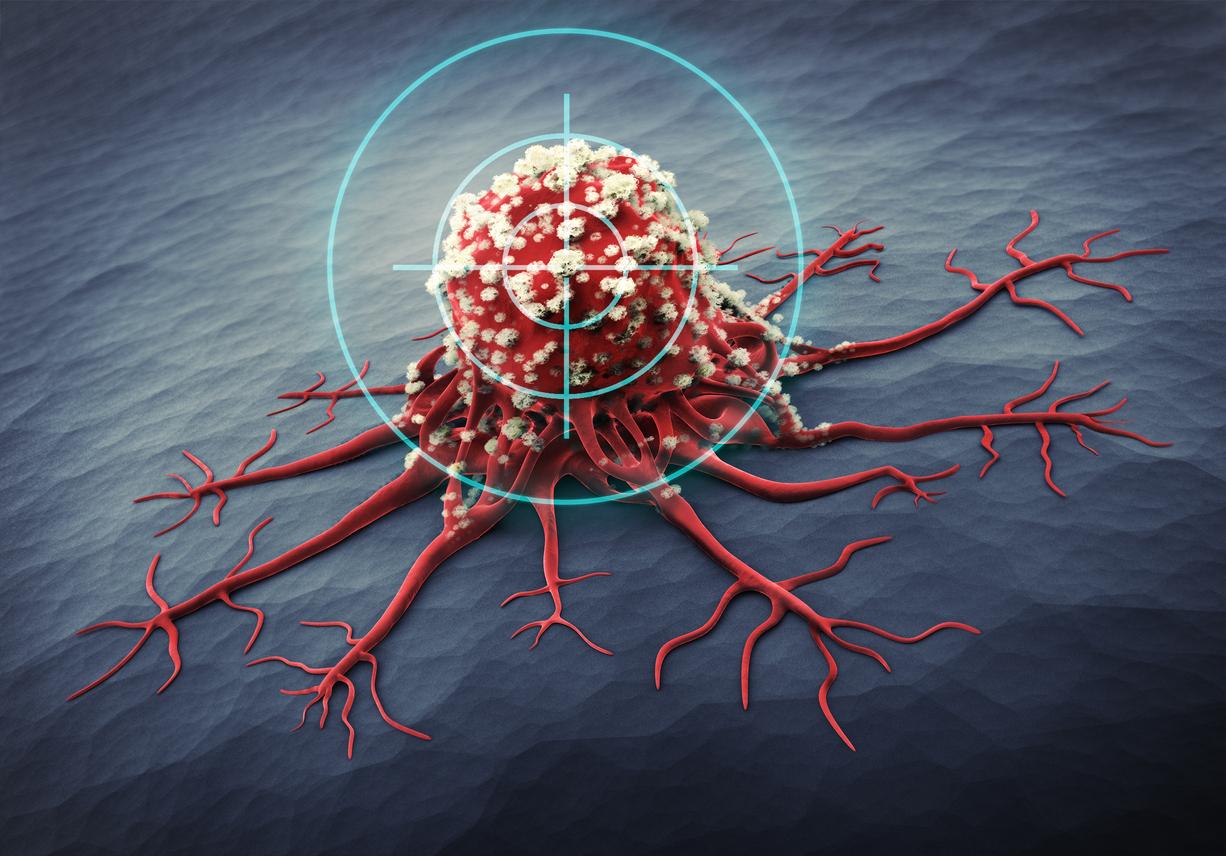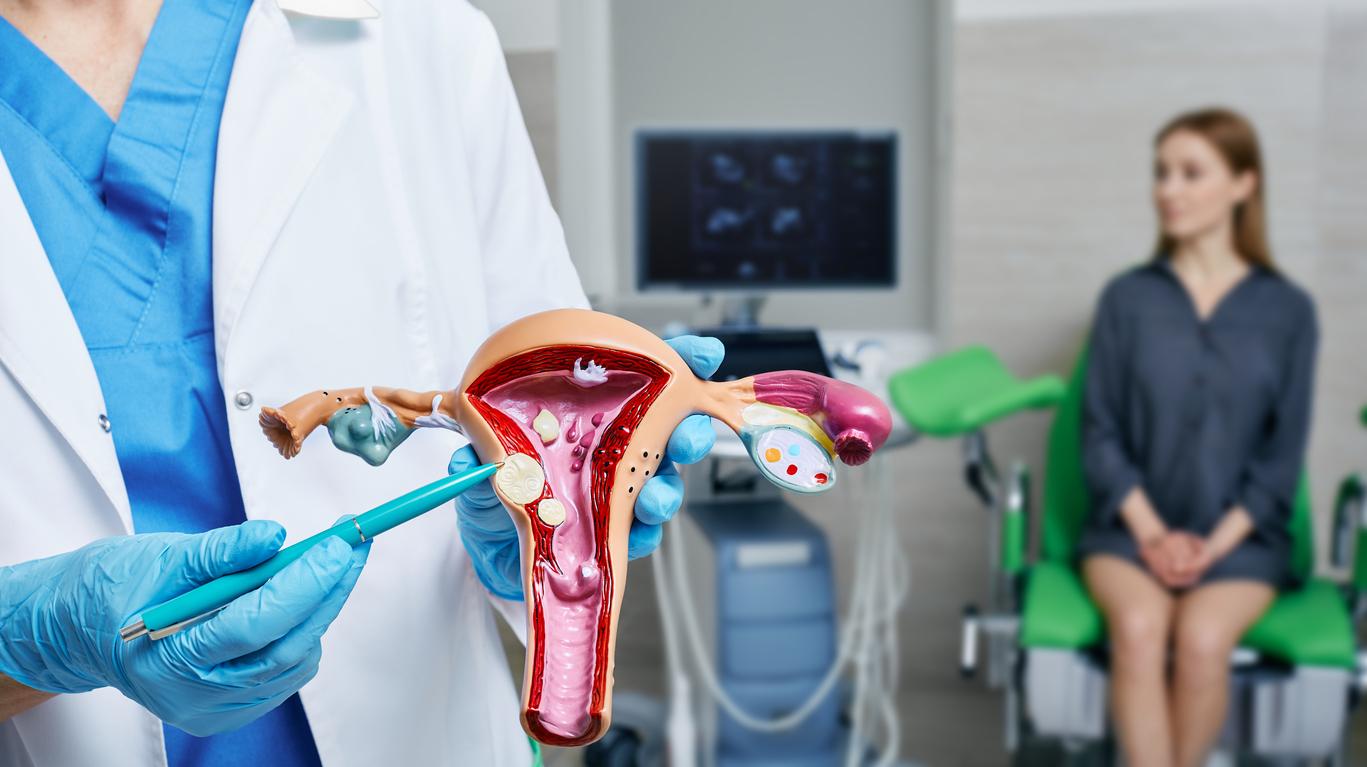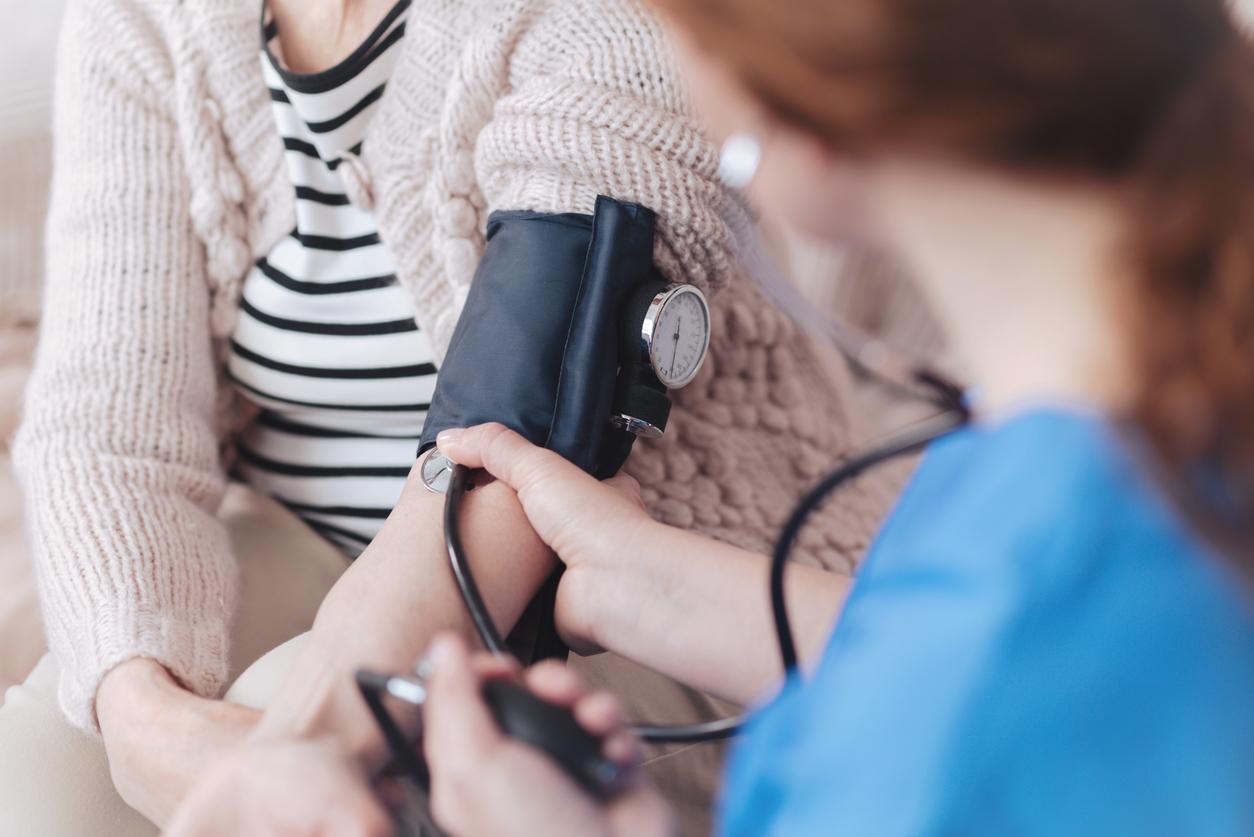Patients who usually resist treatment for high blood pressure could be cured with a new drug, a study has found.

- Arterial hypertension (HTA) is the most common chronic pathology in France, affecting nearly one in three adults according to Santé Publique France.
- Up to 30% of patients do not respond, or respond insufficiently, to currently available treatments for hypertension, according to Inserm.
This is a hope for many people who do not respond to traditional treatment for hypertension: researchers from Queen Mary University of London and colleagues from CinCor Pharma in the United States, have discovered that a new class of drug, called Baxdrostat, was able to significantly reduce high blood pressure in these patients.
New drug lowers blood pressure
The results published in the New England Journal of Medicine and presented at the American Heart Association’s Scientific Sessions conference, were long awaited and sought after.
The researchers gave 248 patients, over a 12-week period, either a single daily dose of Baxdrostat or varying amounts, or a placebo. At the start of the trial, these patients’ blood pressure was not under control despite taking at least three antihypertensive drugs: they therefore had resistant hypertension.
The doses of Baxdrostat, taken in addition to the patients’ usual medications, ranged from 2 mg, to 1 mg, to 0.5 mg. At the end of the 12 weeks, the group that received the highest dose of Baxdrostat saw their blood pressure drop by 20 points.
Baxdrostat gets to the root of resistant hypertension
“There was an 11-point difference between this group and the one who received the placebo treatment, a difference rarely seen with a single drug to reduce blood pressure.” write the authors. Baxdrostat works by preventing the body from producing aldosterone, a hormone that regulates the amount of salt in the body and the excessive production of which is responsible for the resistant type of hypertension.
“The effectiveness of older drugs can vary greatly from patient to patient, while one of the characteristics of this new class of drug is that it can be predicted to work well in patients whose hormone aldosterone made them resistant to older treatments“said Professor Morris Brown, co-lead author of the study and professor of endocrine hypertension at Queen Mary University of London.
This discovery would protect patients from the dangers of high blood pressure, which remains the leading cause of strokes and a common cause of heart attacks and kidney failure.


















